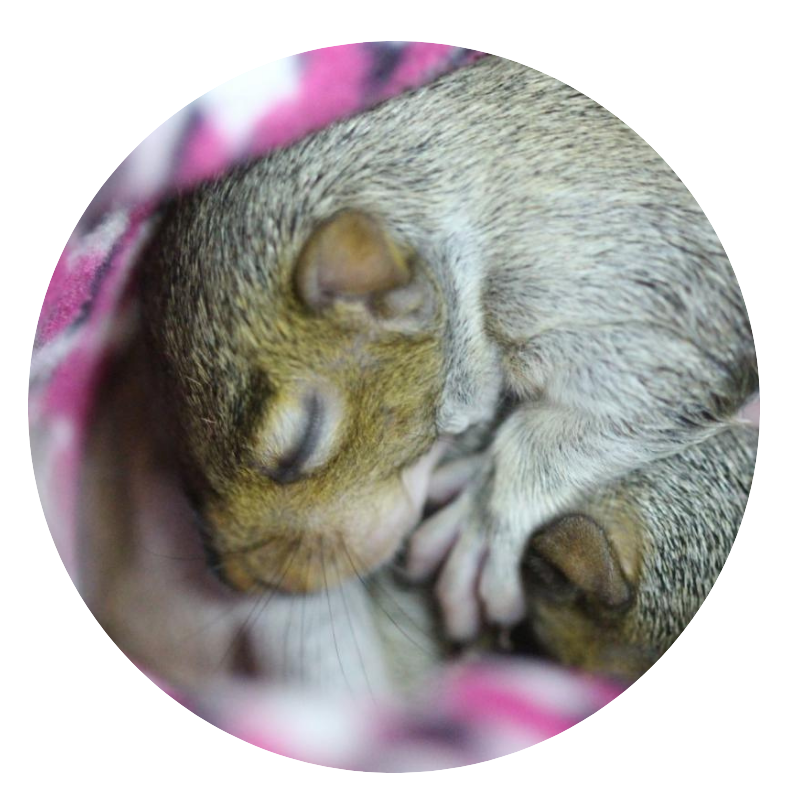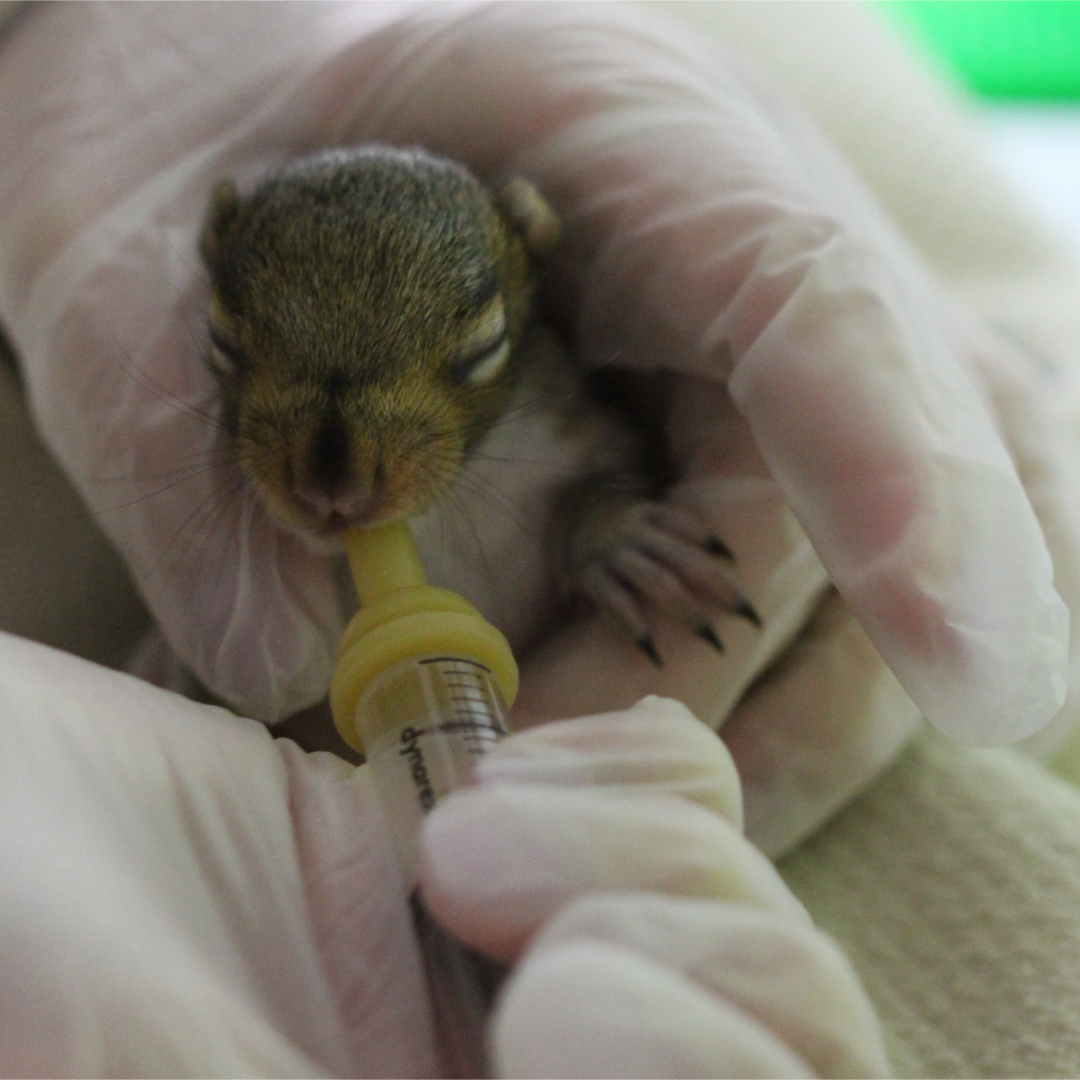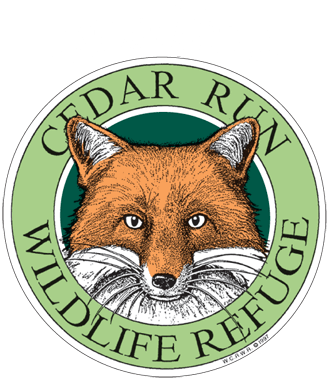Wildlife Baby Season: What to expect when wildlife is expecting (do’s & don’ts)
by Lori Swanson, Director of Wildlife Rehabilitation

Baby season is upon us! Baby squirrels will be born soon which means that our Wildlife Rehabilitation Hospital will be ramping up for another busy season. “Wildlife Baby Season” typically happens between April through September annually, when our licensed Wildlife Rehabilitators will welcome over 4,000 baby and juvenile wildlife animals in need of critical care and treatment into our Wildlife Rehabilitation Hospital. That is over 66% of all the wildlife we treat each year! Eastern Gray Squirrels are one of the first wildlife babies that we see and shortly after their arrival the baby boom happens.

As baby season approaches, we advise homeowners to check their homes (especially attics) for any holes or weak spots that may allow wild animals access. Wild animals, especially squirrels and raccoons, love to build their nests in these warm, weatherproof, and protected areas. Having these animals in your house can definitely cause issues later, so it is best to make those repairs before they find them! This also helps to keep wild families together, as we see many babies separated from their mothers permanently when the mothers are trapped and released before the babies are found. It is always best for babies to be with their mothers, so let’s do our part to keep them out of harm’s way!
| Please remember these do’s and don’ts if you find an orphaned baby wild animal: | |
| ● DO visit cedarrun.org or call our Wildlife Rehabilitation Hospital (856-983-3229 ext. 107) for tips on reuniting families or if the baby is injured. Attempts to reunite should always be made if the baby is not injured, as being with mom is the best case scenario. | ● DON’T feed baby animals. Any food or liquid can be harmful if fed improperly or worsen their condition. Improper diets can lead to debilitating conditions that are irreversible. |
| ● DO ALWAYS wear protective gloves when handling any baby wild animal. Even babies can bite and carry diseases. Species such as foxes, raccoons, skunks, bats, and groundhogs can carry rabies, which is a fatal disease. | ● DON’T attempt to rehabilitate the baby or keep it as a pet. This is dangerous and illegal. State and Federal permits are required to rehabilitate wildlife to ensure that they are getting the best care by trained professionals to ensure successful outcomes and release. Permitted Wildlife Rehabilitators are required to participate in continuing education to keep their care at the highest quality. |
| ● DO keep the baby in a warm, dark, quiet place away from people and other animals. This helps to reduce the animal’s stress. | ● DON’T cuddle or talk to baby wild animals. This causes extreme stress and may be fatal to any species of wildlife. Humans are seen as predators to wildlife species and thus inherently cause stress with interaction. |
| ● DO bring any baby wild animals to your closest Wildlife Rehabilitator if reuniting is not successful. Please provide the Rehabilitator with as much information as possible about the circumstances of rescue. | ● DON’T trap and relocate adult wildlife if you do not know if it is a mother with babies. Please call Cedar Run for information on humane exclusion techniques that would allow the potential mother to move her babies with her to a new nest/den. Keeping families together is a priority. |

